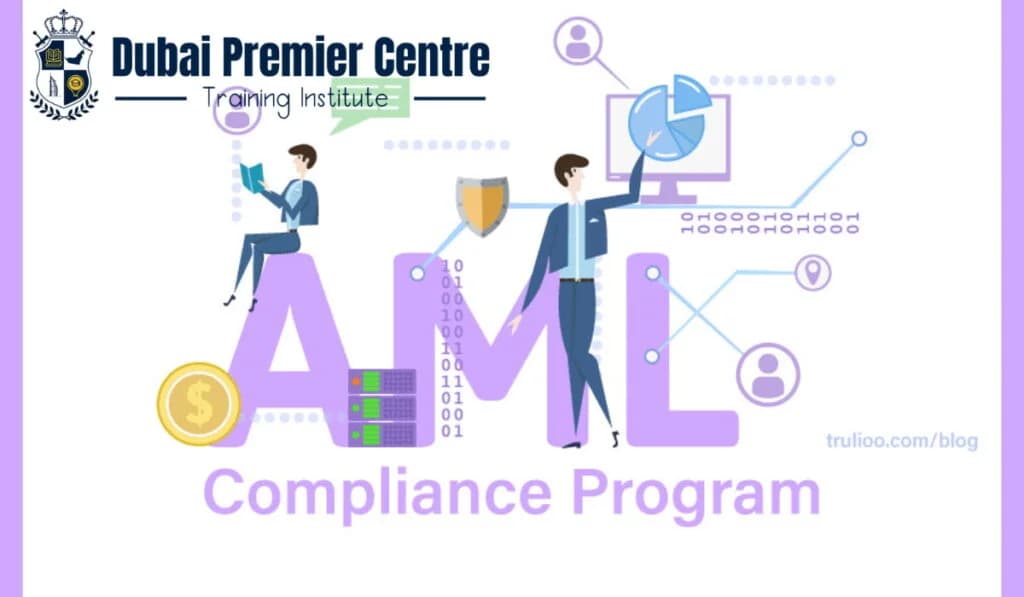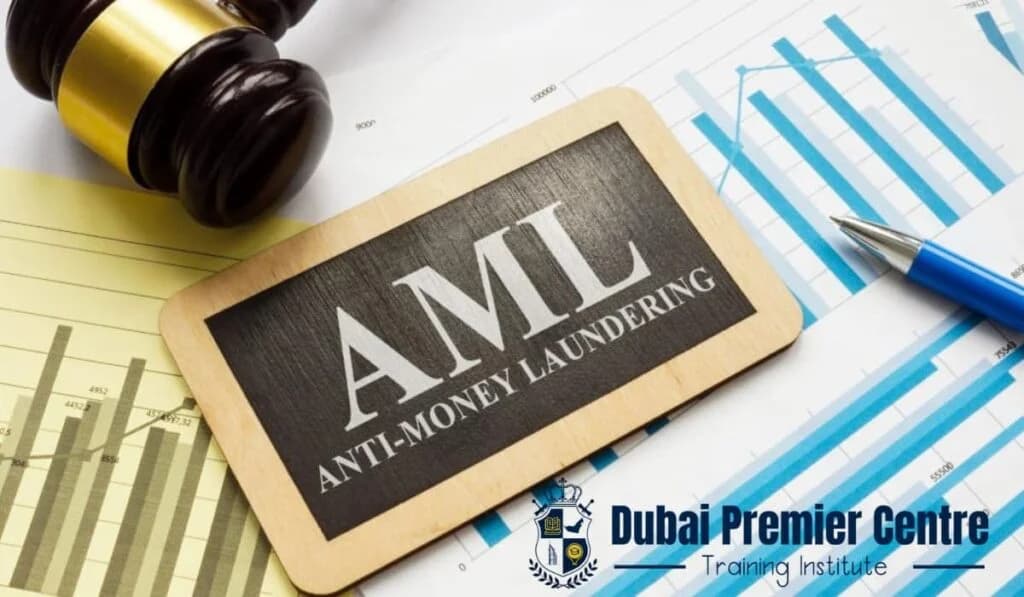Introduction To Anti-Money Laundering, History, Basics, and International Issues

Anti-Money Laundering (AML) refers to the measures, laws, and regulations aimed at preventing criminals from disguising illegally obtained funds as legitimate income. These measures are designed to detect, prevent, and report suspicious activities that might involve financial crime, including terrorism financing and corruption.
History of Anti-Money Laundering
The concept of AML can be traced back to the 20th century, when governments recognized the need to combat the financial networks supporting organized crime. The United States introduced the Bank Secrecy Act (BSA) in 1970, marking one of the first legislative efforts to fight money laundering. Over the decades, the global community has expanded AML frameworks, particularly after the September 11 attacks, which heightened the focus on terrorism financing. Organizations such as the Financial Action Task Force (FATF) were established to create international AML standards.
The Basics of Anti-Money Laundering
AML is built on a foundation of principles and practices designed to identify and mitigate risks. These include:
- Customer Due Diligence (CDD):
Verifying the identity of clients and assessing their risk level.
- Transaction Monitoring:
Continuously analyzing transactions for unusual patterns.
- Reporting Requirements:
Filing Suspicious Activity Reports (SARs) to authorities when potential money laundering is detected.
- Risk Assessment:
Evaluating and managing risks based on geography, customer type, and products offered.
AML Compliance Issues
Despite stringent measures, financial institutions and organizations face numerous compliance challenges, such as:
- Complex Regulations: Adapting to varying AML laws across jurisdictions.
- High Costs: Implementing and maintaining robust AML systems.
- Evolving Threats: Keeping up with new methods of laundering money, especially in digital spaces.
- Data Management: Ensuring accurate and secure handling of customer data.
Anti-Money Laundering Compliance Program
An effective AML compliance program is essential for any organization handling financial transactions. Key components include:
- Policy Framework:
Establishing clear AML policies aligned with regulations.
- Training Programs:
Educating employees on identifying and reporting suspicious activities.
- Technology Integration:
Leveraging advanced software for real-time monitoring and analysis.
- Independent Audits:
Regularly reviewing the effectiveness of AML practices.
- Governance:
Ensuring oversight by senior management and dedicated compliance officers.
International Anti-Money Laundering
Global cooperation is vital in combating money laundering, as financial crimes often cross borders. International organizations like the FATF, United Nations, and International Monetary Fund (IMF) play pivotal roles in:
- Establishing global AML standards.
- Conducting peer reviews of national systems.
- Providing technical assistance to developing countries.
Several countries have demonstrated their commitment to AML efforts through unique measures:
- United States:
Enforced the Bank Secrecy Act (BSA) and the USA PATRIOT Act to strengthen AML frameworks and combat terrorism financing.
- United Kingdom:
Implemented the Money Laundering Regulations, overseen by the Financial Conduct Authority (FCA), focusing on risk-based supervision.
- Australia:
Operates under the Anti-Money Laundering and Counter-Terrorism Financing Act, with AUSTRAC as the primary regulatory body.
- Germany:
Enforced the Anti-Money Laundering Act and established the Federal Financial Supervisory Authority (BaFin) for oversight.
- United Arab Emirates:
Strengthened its AML laws through the creation of the Financial Intelligence Unit (FIU) and collaboration with international bodies to enhance enforcement.
These efforts illustrate the diverse approaches nations take to address money laundering while aligning with global standards. Global cooperation is vital in combating money laundering, as financial crimes often cross borders. International organizations like the FATF, United Nations, and International Monetary Fund (IMF) play pivotal roles in:
- Establishing global AML standards.
- Conducting peer reviews of national systems.
- Providing technical assistance to developing countries.
Anti-Money Laundering in Financial Institutions
Financial institutions are on the front lines of AML efforts. They must comply with strict regulations, including:
- Implementing Know Your Customer (KYC) procedures.
- Monitoring transactions for red flags.
- Reporting suspicious activities promptly to regulators.
- Conducting enhanced due diligence for high-risk clients.
Anti-Money Laundering and Cryptocurrency
Cryptocurrencies present unique challenges to AML efforts due to their decentralized and pseudonymous nature. To address these, regulators are:
- Requiring cryptocurrency exchanges to comply with AML laws.
- Monitoring blockchain transactions for illicit activities.
- Encouraging global collaboration to close regulatory gaps.
8 Priorities for AML
The FATF outlines eight key priorities to strengthen global AML efforts:
- Risk Assessment: Identifying and understanding AML risks.
- Supervision: Ensuring institutions adhere to AML standards.
- Regulation: Updating laws to address emerging threats.
- International Cooperation: Enhancing cross-border collaboration.
- Transparency: Promoting transparency in beneficial ownership.
- Training: Improving expertise within organizations.
- Technology: Leveraging technology to combat money laundering.
- Evaluation: Regularly assessing the effectiveness of AML measures.
Stages of Money Laundering
Money laundering typically occurs in three stages:
- Placement: Introducing illegal funds into the financial system, often through cash deposits or purchases.
- Layering: Obscuring the origins of funds through complex transactions.
- Integration: Reintegrating the "cleaned" money into the economy, making it appear legitimate.
Want to learn more about Introduction To Anti-Money Laundering
Enhance your expertise in AML with Dubai Premier Centre (DPC)! Enroll in our specialized Course in Anti-Money Laundering and Counter-Terrorism Financing (AML/CTF) to gain in-depth knowledge and practical skills. Whether you’re a financial professional, compliance officer, or business leader, our course will empower you to combat financial crimes effectively.visit Dubai Premier Centre to learn more.
(FAQs) about Introduction To Anti-Money Laundering
- What is the introduction of AML?
AML refers to the practices and regulations designed to prevent the laundering of illegally obtained money.
- How do you explain anti-money laundering?
It is a framework of laws, regulations, and procedures aimed at detecting and preventing financial crimes such as money laundering and terrorism financing.
- What are the 8 AML priorities?
The 8 AML priorities include risk assessment, supervision, regulation, international cooperation, transparency, training, technology, and evaluation.
- What are the three stages of AML?
The three stages are placement, layering, and integration.
Read Related Articles





